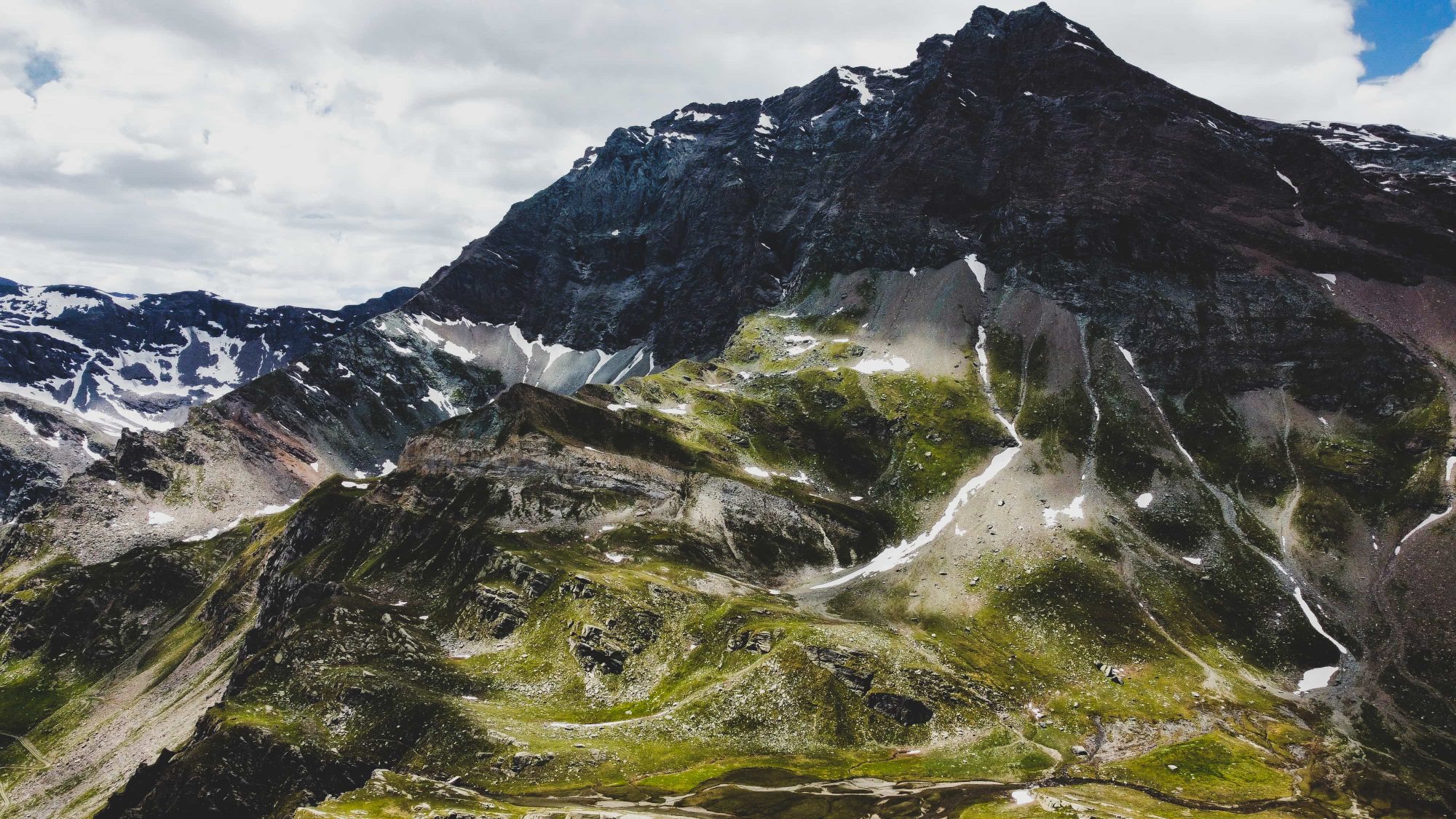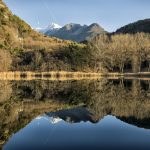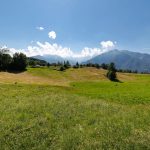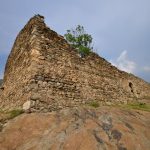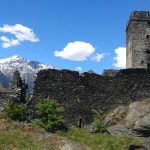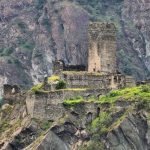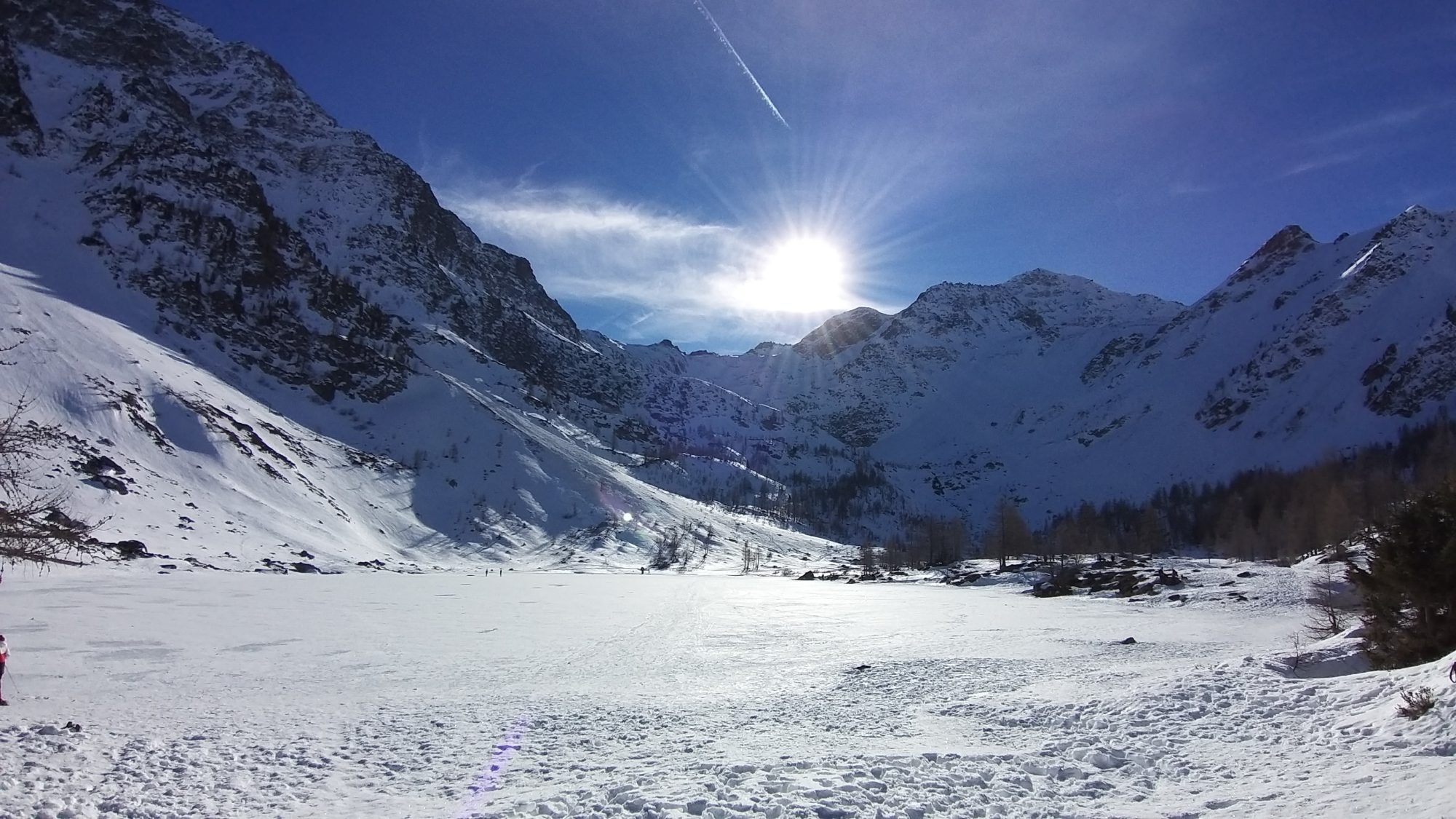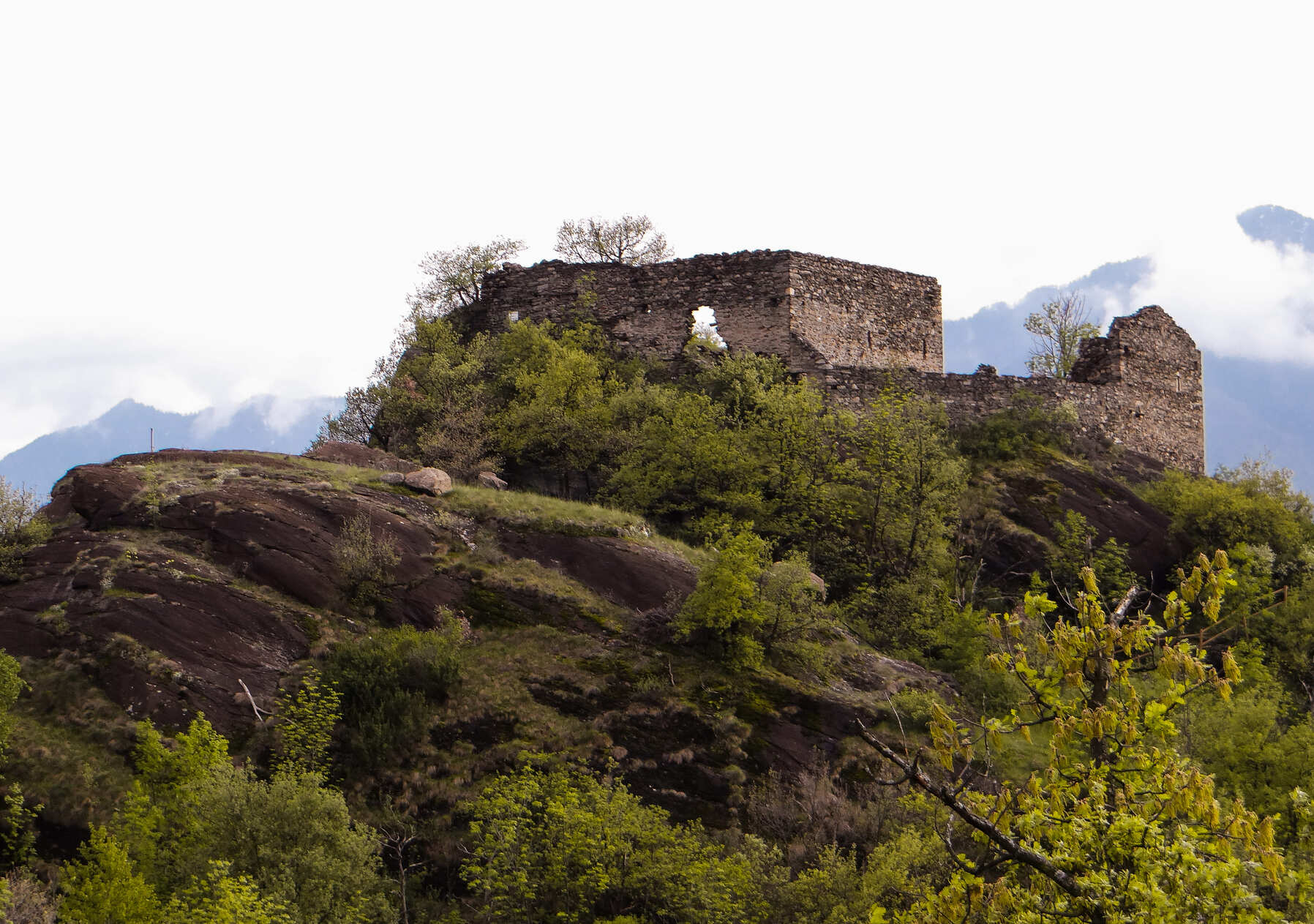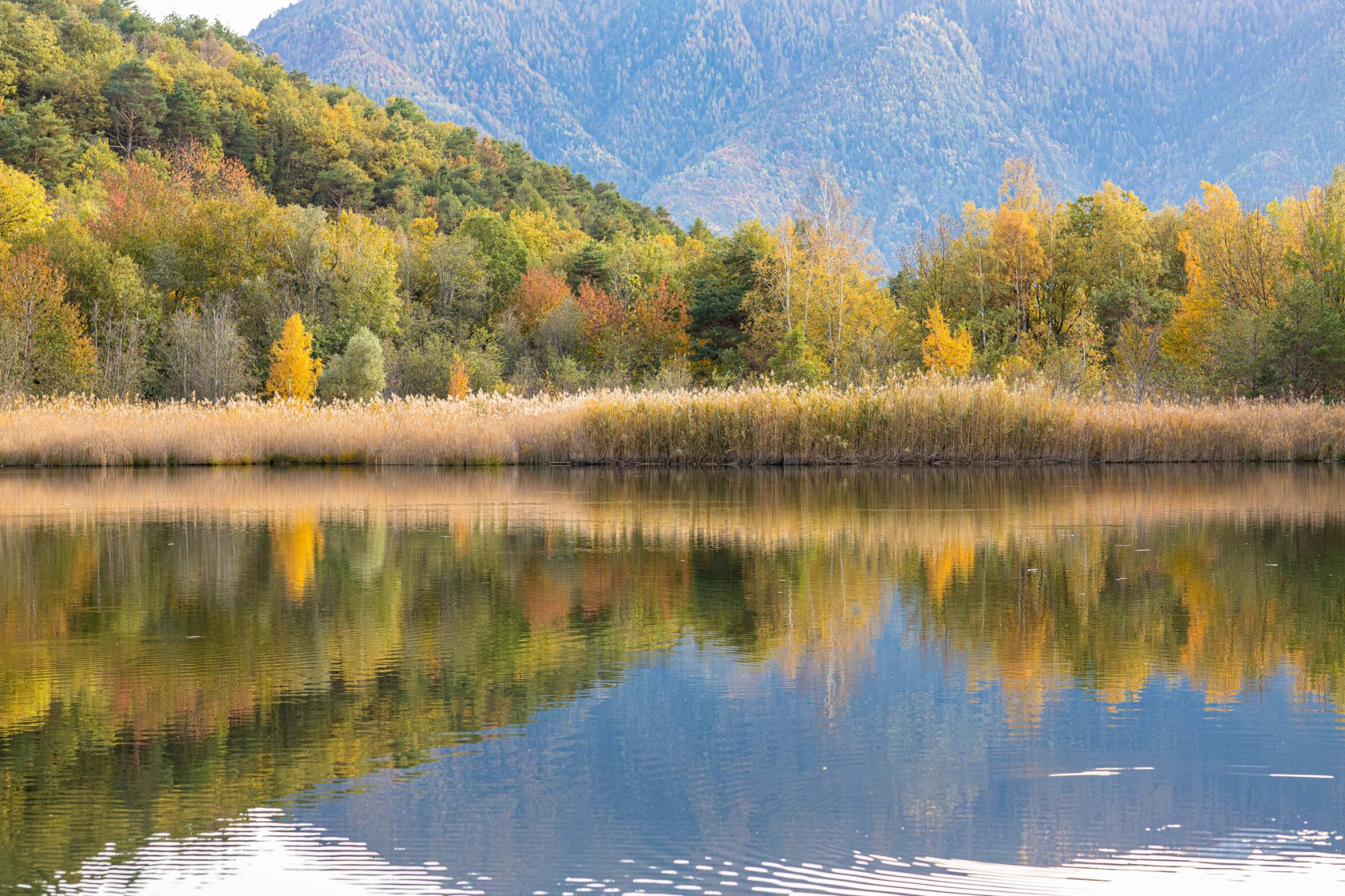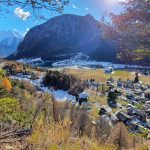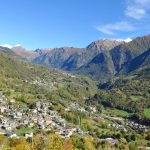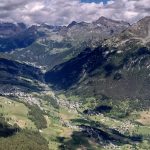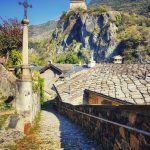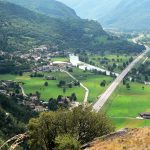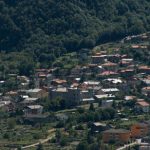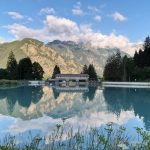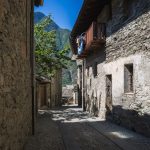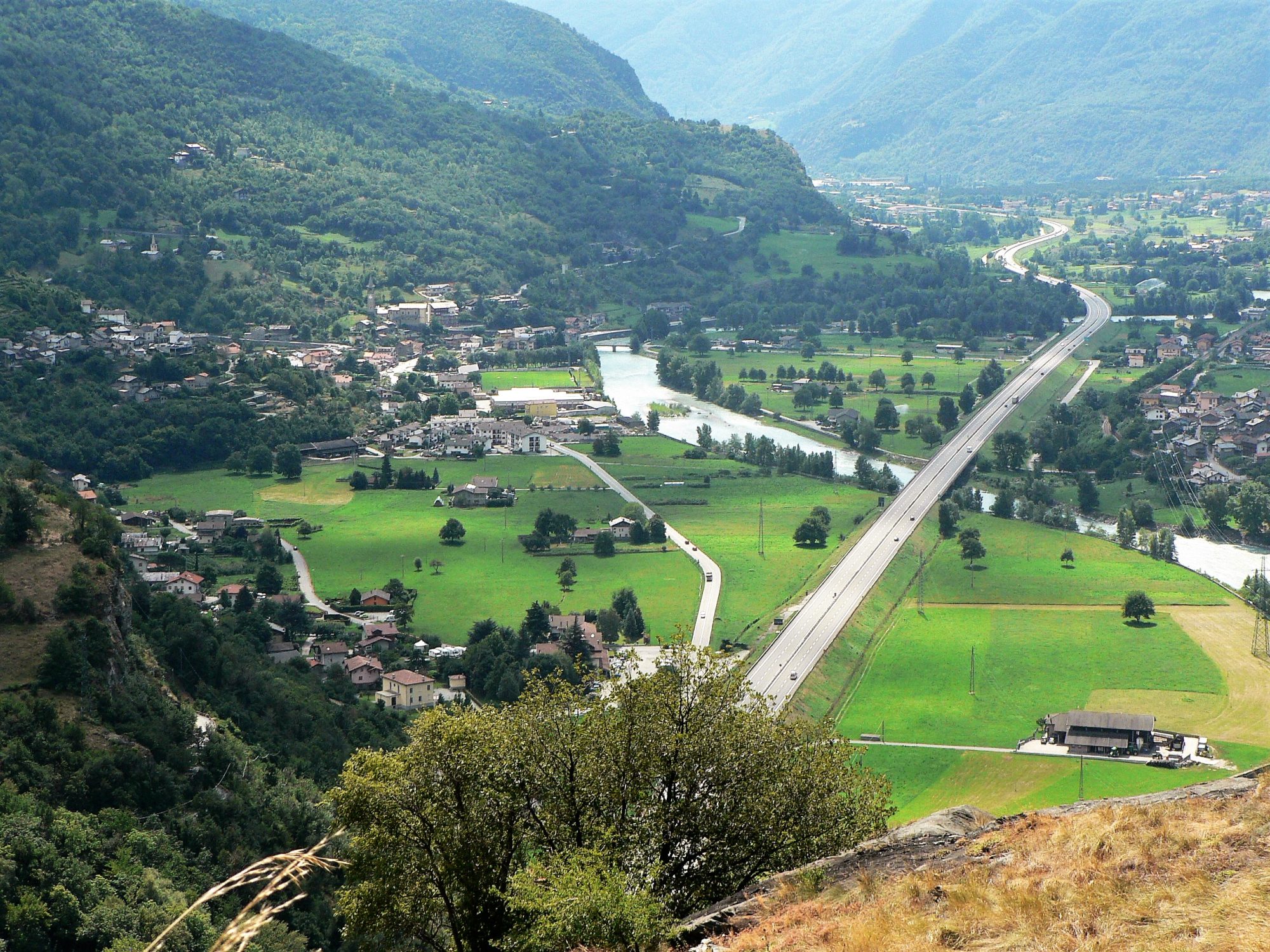
Unité des Communes Évançon Montjovet
the heart of Valdigne
Montjovet, a charming village with a rich past, stands in the Aosta Valley as a witness to ancient events and fascinating legends.
Its origins date back to Neolithic times, as evidenced by archaeological finds from the period, but it was during the Middle Ages that it experienced a period of great prosperity thanks to the gabelle imposed on those who passed through this obligatory crossing point between the lower and middle Aosta Valley.
Today, the charming medieval houses with beautiful stone portals and windows still tell of the glory of those times. A work that has marked the history of Montjovet is the “Mongiovetta,” the road ordered by King Charles Emmanuel III in 1771 to facilitate transit and trade to nearby Saint-Vincent.
A commemorative plaque testifies to the importance of this road, which still connects the two places today. Montjovet’s uniqueness lies in its more than fifty villages, the majority of which are still inhabited, making it the most village-rich municipality in the entire region.




Montjovet The History
Because of its strategic location between the lower and middle Valleys, both envers and adret, Montjovet has always been an important obligatory transit route to France and Switzerland; numerous important historical traces bear witness to this.
Although there are traces of human settlements dating back to prehistoric times, in any case Montjovet owes the origins of its name to the Romans, to that Mons Jovis, the mount of Jupiter, to whose deity they had dedicated a temple in the area.
Also from Roman times are numerous testimonies including the remains of a Roman villa and at least 5 tombs.
However, the area experienced its heyday in the Middle Ages, with the construction of both military architecture, such as castles, and civil architecture.
It belonged to two important families, of which the Chenal family is remembered, a name that would take the locality where the castle of the same name is located.
The present Mongiovetta was not built until 1771 when King Charles Emmanuel III improved the existing route to facilitate trade for tourism related to the exploitation of thermal waters, as recalled by the engraving on the plaque above the first hairpin bends.

Whato do in Montjovet
what to do in Montjovet
Montjovet offers visitors a unique cultural heritage.
Highlights include the ruins of the Saint-Germain castle, while the trail to Chenal leads to the remains of the castle of the same name and striking rock carvings. Nature in Montjovet The hilly landscapes surrounding Montjovet provide an experience immersed in nature.
Definitely to be counted among the best natural spectacles of the place is the Villa Lake nature reserve, characterized by fascinating and precious flora. Among the characteristic vineyards, known for the fine D.O.C. wine, one can take pleasant walks through woods and chestnut groves, following the ancient irrigation canals called “ru.”

Montjovet April 24, 2025

 13°/13°
13°/13°
 11°/11°
11°/11°
 7°/7°
7°/7°
 12°/12°
12°/12°
 16°/16°
16°/16°

The Castle of Montjovet saint germain
Frazione Berriaz, 64, 11020 Montjovet, Montjovet AO, Italia

